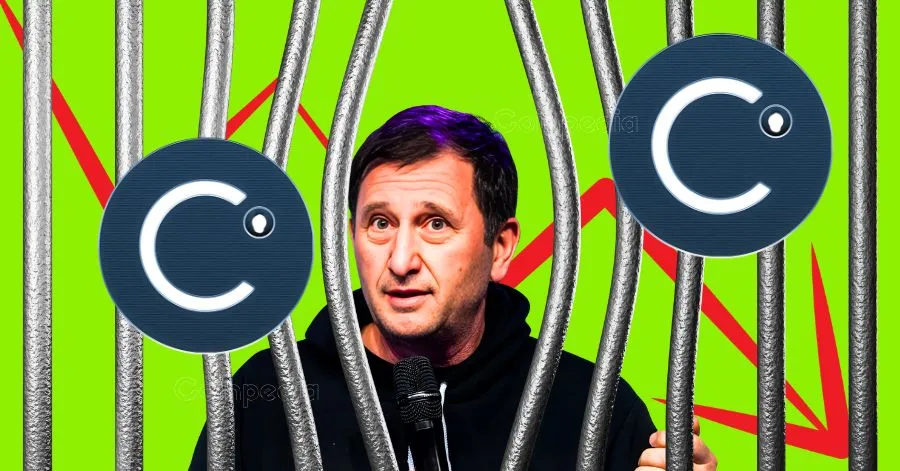
The Rise and Fall of a Crypto Kingpin
Dude, let me tell you a tale that’s wilder than a Black Friday stampede at a Best Buy—Alex Mashinsky, the once-celebrated founder of Celsius Network, went from crypto messiah to federal inmate faster than you can say “rug pull.” Seriously, this guy’s story is the ultimate cautionary tale for anyone who thinks digital currencies are just fun money and fairy dust.
From Visionary to Villain
Mashinsky wasn’t always a poster child for financial fraud. Back in the day, he was the smooth-talking CEO of Celsius Network, a crypto lending platform that promised sky-high returns. Investors flocked to him like shoppers to a sample sale, trusting his claims that Celsius was the future of decentralized finance. But here’s the twist—federal prosecutors later accused him of running what amounted to a Ponzi scheme. In July 2023, he was indicted on seven counts, including fraud and market manipulation. The feds said he artificially pumped Celsius’ proprietary token (CEL) while hiding the company’s financial troubles. By the time the music stopped, investors were left holding the bag—to the tune of *billions* in losses.
The Plea Deal: A Temporary Get-Out-of-Jail Card
By December 2024, the jig was up. Mashinsky copped to two fraud charges, admitting he manipulated CEL’s value. As part of his plea deal, he agreed to cough up $48 million in ill-gotten gains. But here’s the kicker—the judge let him stay free until after his daughter’s wedding. Talk about a *very* specific sentencing perk. Some critics called it a slap on the wrist, while others saw it as a rare moment of judicial mercy in an otherwise brutal case.
The Sentence: 12 Years to Think About It
On May 8, 2025, Mashinsky finally faced the music. Judge John G. Koeltl handed down a 12-year prison sentence—far less than the 20 years prosecutors wanted (they argued anything shorter would be a green light for future crypto scammers). The judge did acknowledge Mashinsky’s backstory—his family fled Soviet antisemitism—but ultimately ruled that the scale of his fraud demanded serious consequences. Hundreds of victim impact statements poured in, detailing financial ruin and broken trust. One investor wrote, *”I lost my life savings because I believed in him.”* Oof.
The Bigger Picture: Crypto’s Trust Problem
Mashinsky’s downfall isn’t just about one guy—it’s a symptom of crypto’s Wild West reputation. Without strong regulation, bad actors can exploit hype and loopholes, leaving everyday investors holding the bag. The Celsius collapse wasn’t an isolated incident (looking at you, FTX and Terra-Luna). But here’s the silver lining: cases like this are forcing regulators to step up. The DOJ’s aggressive pursuit of Mashinsky sends a clear message—fraud is fraud, even if it’s dressed in blockchain buzzwords.
So what’s the takeaway? Crypto isn’t inherently evil, but it’s *definitely* not Monopoly money. Investors need to do their homework, and regulators need to keep pace with innovation. As for Mashinsky? He’ll have plenty of time to reflect on his choices—just not at his daughter’s next wedding.
